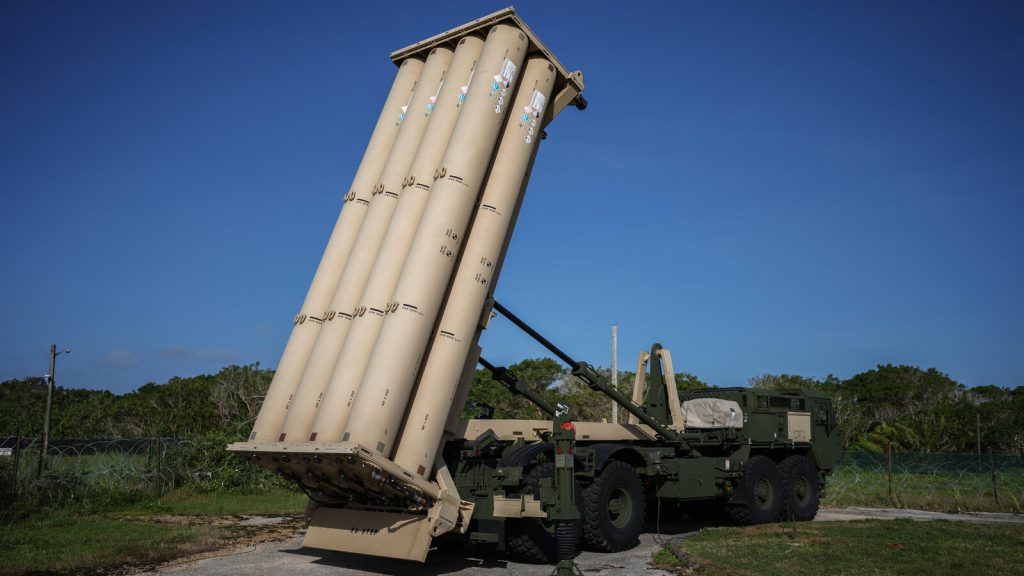The United States plans to deploy 100 troops to Israel, along with an advanced anti-missile defence system, to bolster the nation’s air defences as it continues its invasion of Gaza and Lebanon. This marks the first US military deployment to Israel since the commencement of Israel’s military offensive on Gaza on October 7, 2023.
Pentagon spokesperson Patrick Ryder confirmed the deployment in a statement on Sunday, stating that President Joe Biden ordered the move through Secretary of Defence Lloyd Austin.
The statement also highlighted that this deployment is part of broader adjustments made by the US military in recent months to support Israel’s defence and safeguard American citizens from threats posed by Iran and Iranian-aligned militias.
This deployment of American troops occurs amid an Israeli invasion of Lebanon, which raises concerns about the potential for a wider conflict involving Iran. President Biden confirmed on Sunday the deployment of the THAAD (Terminal High Altitude Area Defence) missile system, which will be operated by US troops in Israel, enhancing the country’s air defence capabilities. The THAAD system, produced by Lockheed Martin, is designed to intercept short- and medium-range ballistic missiles.

The decision has sparked discussions within the Pentagon regarding whether the increased US military presence is helping to contain the conflict or exacerbating it. Throughout the war, the Biden administration has continued to supply weapons and military aid to Israel, despite the thousands killed in both Gaza and Lebanon, many of whom were women and children, according to local authorities.
A report from Brown University last week indicated that the US has provided nearly $18 billion in arms to Israel since the onset of the Gaza offensive.
Additionally, the US has approved arms sales worth billions, ensuring ongoing military cooperation. In August 2024, the Biden administration announced a $20.3 billion arms deal with Israel, which includes 50 Boeing F-15 fighter jets and thousands of rounds of ammunition.
Some officials expressed concern that US military support may embolden Israel’s aggressive stance against Hezbollah in Lebanon. General Charles Q. Brown Jr., Chairman of the Joint Chiefs of Staff, has voiced worries regarding the US presence and its potential effects on military readiness, particularly in the context of tensions with China or Russia.
Defence Secretary Lloyd Austin raised concerns with Israeli Defence Minister Yoav Gallant over recent incidents involving Israeli forces firing on UN peacekeepers and the deaths of two Lebanese soldiers, according to a Pentagon statement.
On October 1, Iran launched an attack involving approximately 180 missiles, reportedly in retaliation for the assassination of prominent figures, including Ismail Haniyeh, the former chief of Hamas’ political bureau, as well as Hezbollah leader Hassan Nasrallah and a Revolutionary Guard official, Abbas Neelvroushan, in Tehran.
The Israeli military confirmed that the missile barrage caused damage to several air bases and indicated that preparations for retaliatory action against Tehran were underway. Iran defended its missile strike, citing Article 51 of the UN Charter, which permits member states to use force in self-defence following an armed attack.

